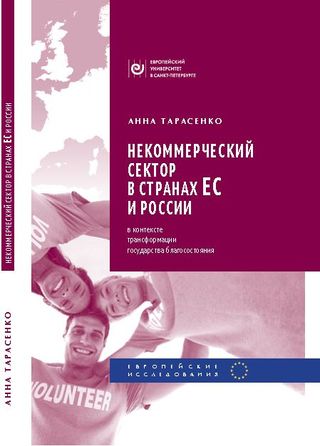?
Некоммерческий сектор в странах Европейского Союза и России в контексте трансформации государства благосостояния
The book analyses models of the welfare state and their impact on the nonprofit sector development in European countries and in Russia. It opens with the description of theoretical concepts and shows how nonprofit sector and civil society evolve within specific political regimes or models of social policy governance. Social origin theory was employed in order to show how neoliberal tendencies have influenced the nonprofit sector evolvement. In a nutshell, this theory explains patterns of civil society development cross-nationally. The analysis of Russian situation aims at identifying the model of the nonprofit sector deployment in this county in correlation with other European societies. Scholars consider Russian case as a model of “deferred democratization” with selective approach toward different NGOs and government domination in social sphere. The empirical analysis of Russian case enabled to identify three main characteristics of policy towards civil society organizations: neoliberal attempts to involve NGOs into service provision, resistance of paternalism and state support for limited scope of organizations and selective policy toward various organizations in terms of interest representation (state corporatism).
